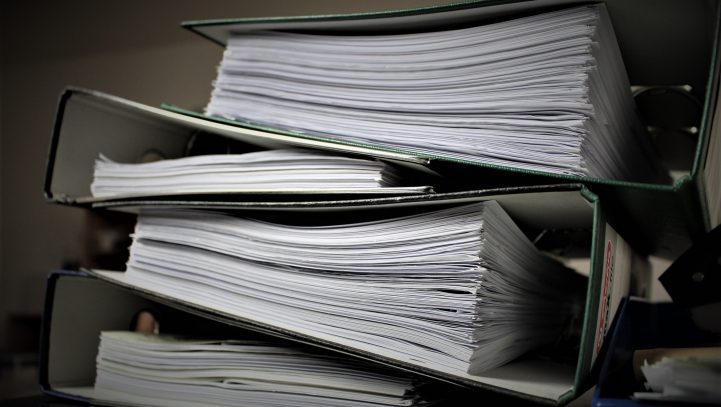
Combatting Overbroad Discovery Requests On Third-Parties – The Sixth Circuit Stands Up To Discovery Abuse
The next time you receive a subpoena with an attached schedule requesting seven categories of “communications, material, or electronically stored information” that relates to an individual or entity for some five-year period and even includes its own definitions of words like “communication” and “relate,” you may have a handy response to add to your list of objections: pay me. In a recently...
